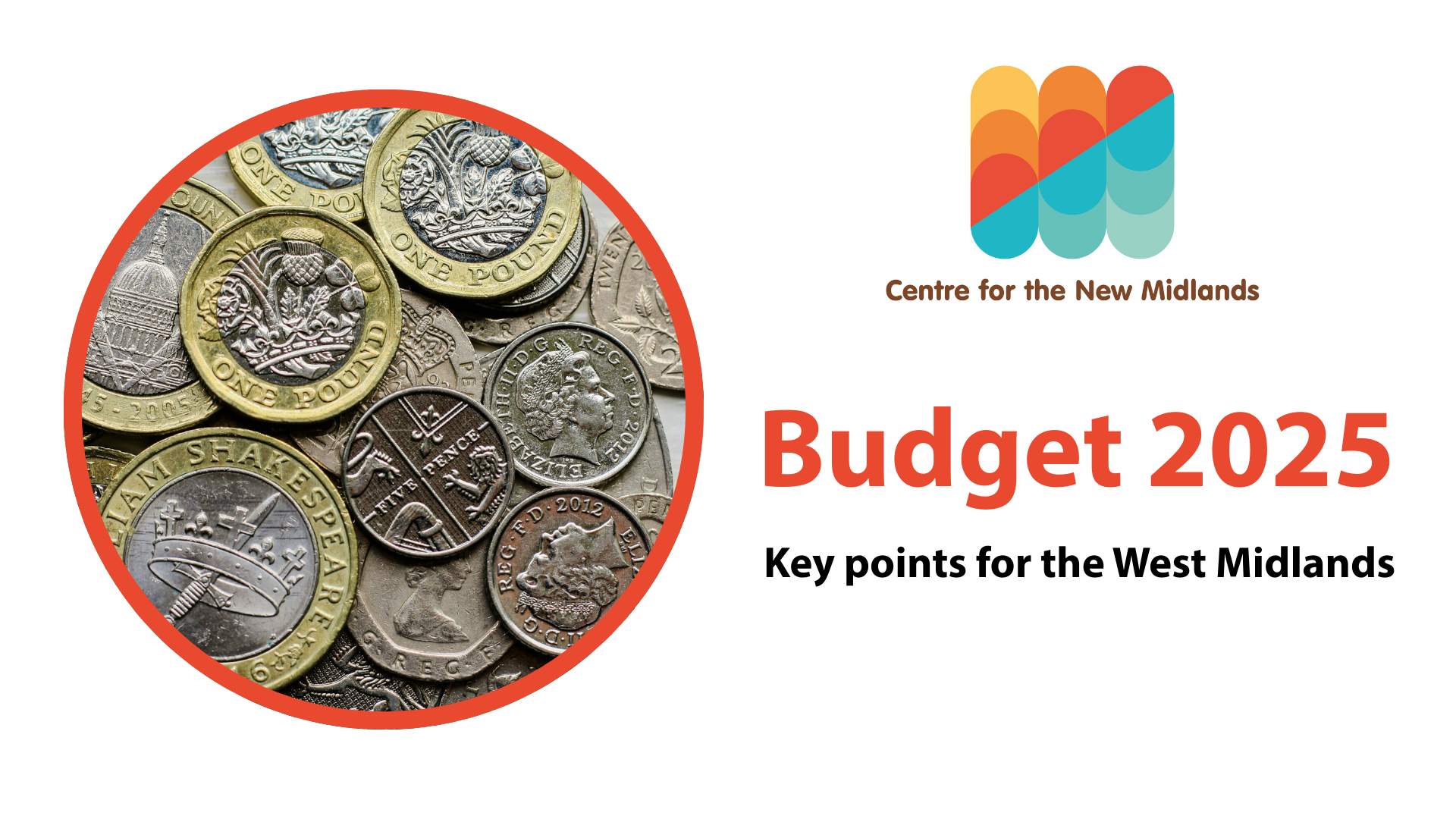The Government’s Devolution White Paper, published at the end of 2024, represents a significant moment for devolution in England and, by introducing a wider devolution framework, reinforces the position that local growth is best achieved through devolved governance. With the West Midlands Combined Authority (WMCA) being one of the first regions to negotiate a devolution deal, and being headed by a directly elected metro mayor since 2017, the region is at forefront of the devolution landscape and has established a track record in managing devolved powers.
In this article, Amardeep Gill (Partner and National Head of Government and Public Sector, Trowers & Hamlins LLP & Member of CNM’s Advisory Board) argues that the proposals provide an opportunity to fundamentally reshape the governance landscape, with positive implications for the West Midlands however they also raise complex legal, governance, and accountability questions over what the potential reforms could mean for the region and its economic growth and public services.
(January 2025)
A new Strategic Authority
Firstly WMCA will be subject to a name change, becoming a Strategic Authority under proposed legislation. Further as WMCA will meet the specific eligibility criteria it will be designated an Established Mayoral Strategic Authority – which will unlock further devolution benefits.
One of the most transformative aspects of the White Paper is the proposal for Integrated Settlements for Established Mayoral Strategic Authorities – pursuant to the Autumn Budget, WMCA is already expected to receive its Integrated Settlement from April this year across housing, regeneration, local growth, local transport, skills, retrofit and employment support. Integrated Settlements will mean moving away from various ring-fenced grants tied to specific projects to a single-pot model and is aimed at providing greater flexibility that will allow local leaders to allocate resources according to regional needs.
Reporting requirements will also change with Strategic Authorities being expected to report to a single mutually agreed outcomes based framework that is monitored over a spending review period, in place of the current complex and fragmented departmental reporting requirements.
In practical terms, this is a positive step in the right direction and could empower the West Midlands to accelerate major infrastructure projects like the Metro extension. But with freedom comes the responsibility to demonstrate value for money, which will likely involve enhanced external scrutiny of local public spending through reforms to the local audit system. This is my view is beneficial for WMCA and the public – providing enhanced rigour to good decision-making.
New ways of working and collaborating
The White Paper also touches on the sensitive issue of policing powers, proposing closer collaboration between Strategic Authorities and Police and Crime Commissioners. While it stops short of devolving full control of policing to WMCA, it hints at more integrated strategies for public safety. For example, there is potential for greater alignment between WMCA and the region’s Police and Crime Commissioner and Fire and Rescue Authority and, in the longer term, the government has ambitions to align further public service boundaries with Strategic Authorities including job centres, the probation service and health services.
New duties will also be introduced for Strategic Authorities in relation to health improvement and to tackle health inequalities. Such proposals could result in more integrated strategies to tackle crime, address community safety, health and wellbeing. Integration of public services is again generally seen as a good thing for the region and, amongst other benefits, is an opportunity to improve efficiency and costs savings and to ensure that resources reflect local priorities.
More Mayoral Powers
There are various other proposals within the White Paper that will bolster Mayoral powers and those Strategic Authorities that agree to take on a directly elected mayor will see major benefits of increased funding (most notably by way of Integrated Settlements) and the deepest powers. For example, Mayors of Established Mayoral Strategic Authorities, such as WMCA, will receive a seat at the table of the Council of Nations and Regions, and the Mayoral Data Council. Decision making by Mayoral Strategic Authorities will undergo a degree of emancipation, and decisions will in future mostly require a simple majority instead of a two thirds majority, as is the current requirement, with decisions on certain functions being reserved entirely to Mayors.
Mayor’s will also have a new statutory duty to produce local growth plans with local growth priorities agreed with the government providing focus for implementation through regional collaboration and strategic partnerships with governmental departments.
Enhanced Voice
As the White Paper’s proposals take shape, the West Midlands is well-positioned to influence national policy and to lead by example. Devolution is not merely a transfer of powers; it is an opportunity to reshape how Government works, putting local voices and aspirations at the heart of local decision-making. However, with greater power comes a need for greater funding and capacity and it is important sustainable funding and resource is made available in the long term to meet current and future regional priorities.
Transparent governance, robust scrutiny mechanisms, and effective public engagement will also all be crucial in ensuring that the deepening of devolution meets the needs of our region. So while there are as many challenges as there are opportunities, the West Midlands’ track record of innovation and partnership demonstrate its strong potential and represent a chance for the region to cement its place as a beacon for regional growth; from the successful Commonwealth Games to transformative transport initiatives like the Metro expansion, the region has shown how devolved powers can deliver tangible benefits for the region’s places and people.
This is a personal blog post. Any opinions, findings, and conclusion or recommendations expressed in this article are those of the authors and do not necessarily reflect the view of the Centre for the New Midlands or any of our associated organisations/individuals.
ABOUT OUR AUTHOR:
National Head of Public Sector at Trowers & Hamlins, Amardeep is a recognised expert advising all levels of government, public bodies and UK and international businesses on transformation and business critical projects including joint ventures, public/private partnerships, complex supply chain arrangements, regulatory matters and large-scale procurement exercises.
He has extensive experience across a range of sectors including digital technology, leisure, transport, health, logistics waste, major events, housing, education, outsourcing, regeneration and aviation.
Current work includes advising on projects involving 5G technology, commercialisation strategies (inc Teckal companies), City Deals, local government reform, the roll out of connected autonomous vehicles, devolution deals, the Smart Cities agenda, PPP/PFI contract extensions, variations & refinancings (including two PFI terminations involving Treasury input).
Amardeep has held various NED roles and is currently on the board for the Greater Birmingham Chamber of Commerce, Birmingham Tech and Aston University. He was awarded the prestigious Acritas Star Lawyer accolade and is on the Strategic Advisory Board for the Centre for the New Midlands Think Tank and has been selected by Grant Thornton as one of the top 100 leaders across the UK.








